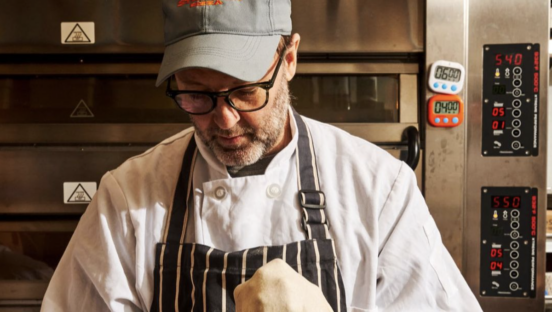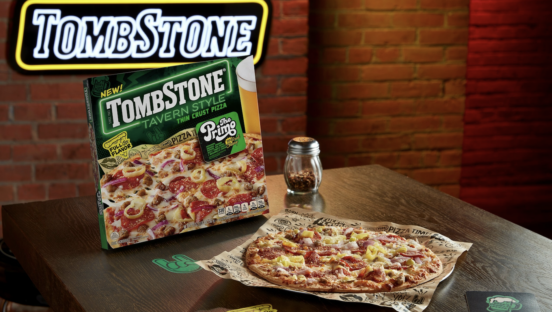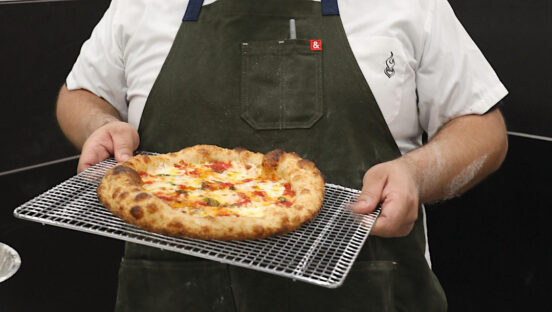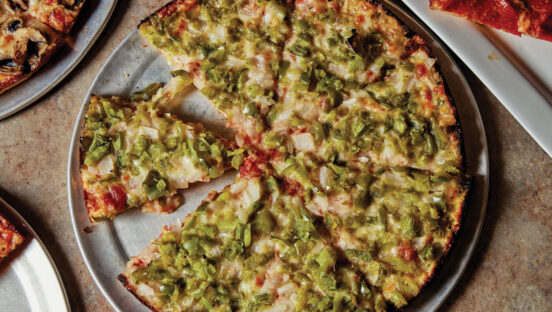A pizzeria is not the pot of gold at the end of the rainbow. Many people feel a pizzeria is the safest way to make big money. This is a mistake; in fact, a pizzeria can be a good moneymaker, but it’s not easy work by any stretch, and your chances of success are slim. The pizza business might have been an easier, more profitable venture several years ago, but today the picture has changed.
If you’re thinking of starting your own pizzeria, consider several key points before you invest your hard-earned cash:
1. A pizzeria is not an extension of your home’s “Italian kitchen.” It is a serious business and must be recognized as such.
2. Just because you have Grandma’s recipes for pasta, ravioli, lasagna and pizza, that doesn’t make you a chef.
3. To fully understand the culinary aspect of the business, you should undergo training at a qualified and reputable cooking school or with an experienced chef.
4. Be prepared to spend all of your time—24/7—in your new business. If you’re not always at the store, you will lose control of it.
5. Before starting a pizza restaurant, consult with a qualified advisor who can guide you in the right direction. But keep one thing in mind: In today’s market there are too many fly-by-night consultants who do not know the pizza industry specifically. So choose wisely.
6. One of the biggest mistakes is to start your venture with too much or too little equipment or with too large a space to accommodate the expected traffic.
7. Research the area you are considering for your restaurant, and make sure it’s a busy, high-traffic location. Customers from nearby schools, shopping centers and office buildings can all add to your bottom line.
8. Do your research, consult with experts and choose the right equipment.
9. Only buy what you need.
10. Be aware of your food costs and avoid waste. Many recipes allow you to utilize ingredients from the previous day and add extra items to your menu.
11. Use only the finest ingredients available. It’s important to shop around for the best, freshest ingredients. Remember: The quality of your food reflects your choice of top-quality ingredients.
12. A great many pizzerias simply don’t make the grade and fail after a short time. You must have enough money in reserve to carry you for a year, until your business starts generating a profit.
13. If you’ve got six employees and you leave the day-to-day business in their hands (rather than spending all of your time at the store yourself), that’s like having as many as seven “partners.” However, you are still the one who carries the financial burden. If nothing else, make sure that you can fully trust the people you hire. Remember that your store is, in a very real sense, your “life.” Your employees are not the hired help; they are important members of your team, and you must be confident that they can be trusted with your “life.”
14. The most important thing is to be cautious and ready to learn. Don’t jump into a business that you don’t know.
Of course, I don’t mean to paint a picture of doom and gloom. If you are willing to work extremely hard and adhere to a viable short-term and long-term strategy, you can create a wonderful life for yourself in the pizza business. Just keep the old adage in mind: “Live for today, plan for tomorrow and don’t give up on your dreams.”















